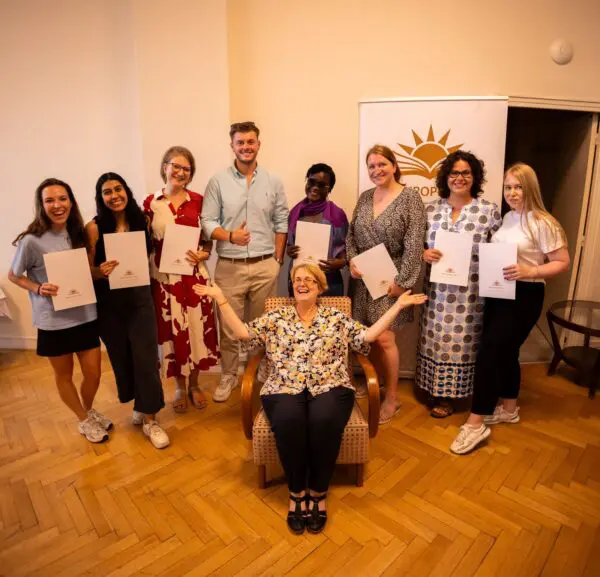
Prague, Czechia
Human Resources
When:
20 July - 31 July 2026
Credits:
5 EC
Read more
Business & Entrepreneurship
When:
23 June - 25 July 2025
School:
Institution:
Copenhagen Business School
City:
Country:
Language:
English
Credits:
7.5 EC
Fee:
820 EUR

Having completed business or management education, most of us are searching for the keys to adaptive decision making in classrooms, textbooks and other controlled environments with clear metrics and practical tools. Rigorous analytical methods can help us in well-ordered situations. Frequently, however, what we were taught about making tough choices quickly falls apart, because the dynamic real-world situations are anything but well structured. We have to rely on our experiences, intuition and creativity instead, and look for a different set of approaches.
A major focus of this inter-disciplinary course is whether, or under what conditions, people deviate from normative rules of decision making that have been developed by other disciplines, such as economics or management. We will examine ambiguous situations which are difficult to comprehend, and where conventional methods may not lead to good solutions. We will explore assessments of risk and uncertainty, including research on heuristics and biases. We will approach decision situations from the individual’s perspective, through the different lenses of individual personalities and styles. We will see how decisions are actually made and how psychological processes can explain the apparent deviation from logic and rationality.
This course will help students develop personal competencies in the following areas:
- enhancing mental effectiveness by learning the psychology behind rational thinking, as well as its barriers;
- identifying personal decision making styles and recognising the styles and strategies of others;
- strengthening problem solving, decision making and negotiation skills.
Preliminary assignment: Preliminary readings (as per syllabus) and completing two tests (on 'canvas')
Class 1: Thinking about thinking: Mental models; tests, case study discussion
Class 2: Personality types; self-awareness, cultural values
Class 3: Stress in decision making, crisis management - in-class experiment
Class 4: Problem solving and decision making; Decision models
Class 5: Are we rational? - concept of rationality; ‘quasi-rationality’
Class 6: Limits to decision making; cognitive biases
Class 7: Ambiguity; Crisis decision making
Class 8: Creative problem solving. Intuition
Class 9: Interactive decision making – negotiation: styles, psychology of negotiation
Class 10: Comprehensive Review
Kinga Konczey and Pedro Monteiro
This is a graduate level course. CBS Summer University courses at Copenhagen Business School is open to all and welcomes domestic and international students as well as professionals.
Fee
820 EUR, EU/EEA/Swiss nationals
Fee
2000 EUR, Non-EU nationals
When:
23 June - 25 July 2025
School:
Institution:
Copenhagen Business School
Language:
English
Credits:
7.5 EC

Prague, Czechia
When:
20 July - 31 July 2026
Credits:
5 EC
Read more

Brighton, United Kingdom
When:
20 July - 07 August 2026
Credits:
15 EC
Read more

Lisbon, Portugal
When:
06 July - 17 July 2026
Credits:
6 EC
Read more